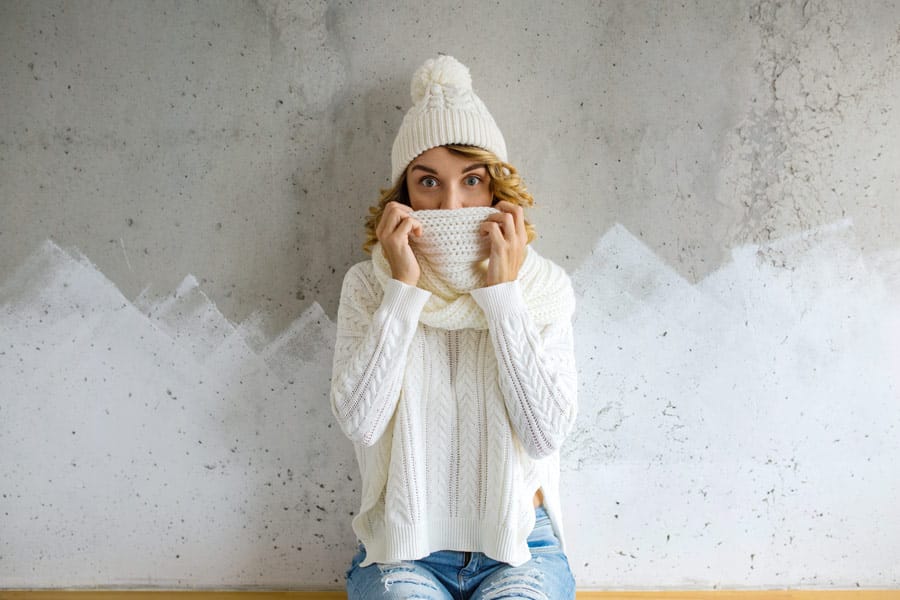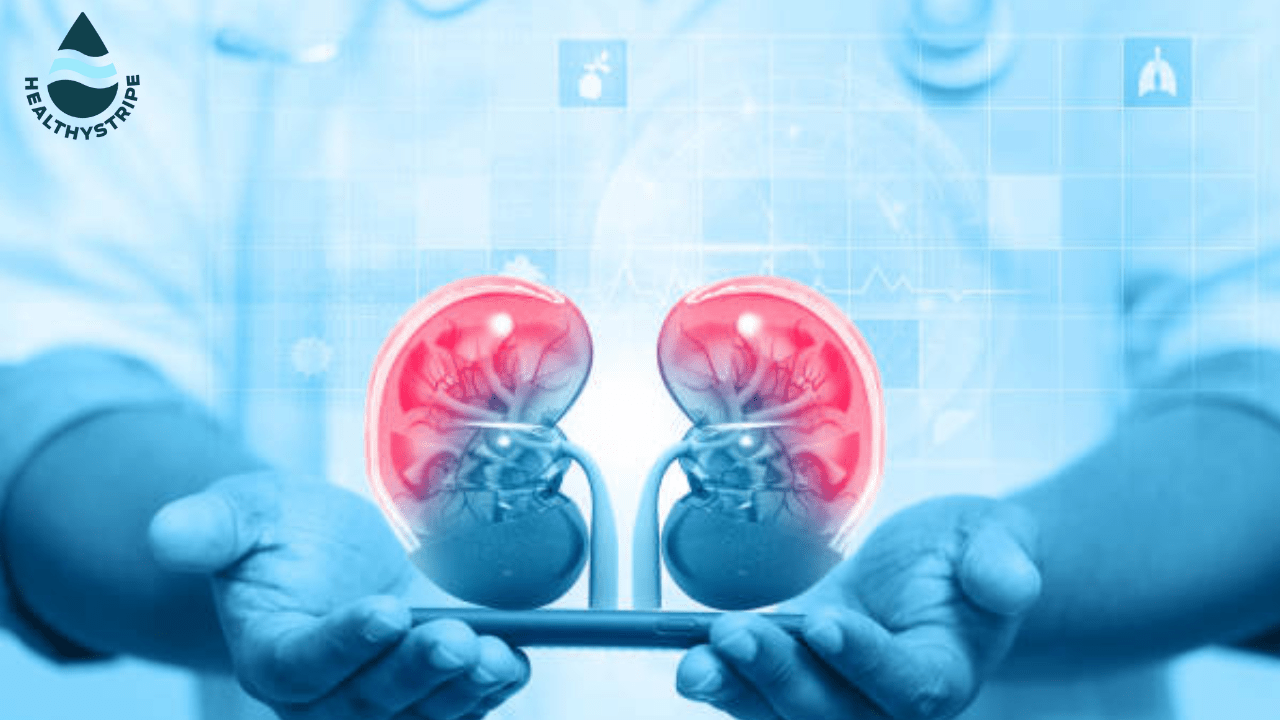Why More Urine Is Produced In Winter?

Winters are all about comfort and coziness. The warm blankets and an extra layer of clothes along with a hot coffee by the end of the day feels like ultimate bliss.
” And what about that sudden crazy feeling of my bladder being full just after I have settled in?”…Yes, we can read your thoughts. And no doubt, this feeling is terrible too.
Despite the fact that winters call for less water consumption, we feel the urge to urinate more. Well, it is not just an “ in your head” phenomenon. This actually happens and there are scientific reasons behind it.
[lwptoc title=”Table of Contents”]
Why is more urine produced In winter?
The phenomenon as to why more urine is produced in winter is also scientifically termed as “cold-induced diuresis”. It is actually an interactive process between nature and our body.
Water is an essential component of body metabolism that aids in blood and nutrient fluidity and the removal of wastes from the body.
Generally, in summers, the temperature is very high and this leads to more sweating. As a result, the kidneys retain water to maintain the fluid balance resulting in less urine production.
In winters, on the other hand, the temperature drops to very low levels. As evident, there is no sweating and thus to maintain the body temperature, the blood capillaries in the skin get constricted and the blood pressure is increased.
To balance out this blood pressure, excess water and wastes need to be excreted out from the body in the form of urine. This leads to more urine output and the frequent urge to urinate in winters.
This process is regulated by the kidneys which maintain the balance of water content in the body for the smooth conduction of various metabolic activities that take place in our body.
A full bladder also leads to losing more heat, so urinating immediately helps preserve your core warmth.
Extreme cold temperatures also trigger the body’s fight and flight response mechanism that puts more pressure on the bladder nerves causing an increased urge to pee frequently.
Who is more likely to suffer from bladder problems? : Men or Women
Bladder problems are one of the most common health issues among men and women globally, mainly urinary incontinence. It is the sudden urge to urinate (the loss of bladder control).
The EPIC study was conducted to estimate the prevalence of urinary incontinence (UI) and overactive bladder (OAB) among men and women in five countries- Canada, Germany, Italy, Sweden, and the United Kingdom using the 2002 International Continence Society (ICS) definitions.
According to the study-
- A total of 19,165 individuals were subjected to be the participants.
- The overall prevalence of OAB was 11.8%; rates were similar in men and women and increased with age.
- OAB was more prevalent than all types of urinary problems combined (9.4%).
- UI was fou
The results indicate that these symptoms are highly prevalent in the countries surveyed.
Another research concluded that the prevalence of UI or Urinary Incontinence is more in women than men. The prevalence is relatively low early in life, has a peak around the time of menopause, and then rises steadily between the ages of 60 and 80 years.
During winters, the problem of more urine produced is, however, seen a lot in both men and women but as a whole, women are more susceptible to facing UI more than men.
Tips for managing more urine output in winters
With more urine produced in winters, the risk of getting quickly dehydrated is also more. Thus, it is important to take care of your hydration regime and your urination.
- Stay hydrated
It might seem counterintuitive to drink more liquids to manage urinary incontinence, but hydration is important for managing the urinary system as well as maintaining the health of your entire body.
With frequent urination, the body loses more water. Dehydration can cause thickening of the urine, which may irritate the bladder.
While it is common to NOT feel thirsty in winters, the outcome of it can be dangerous. Dehydration, in winters, is not generally felt but it directly hits and impacts your body.
Make sure you monitor your fluid intake by consuming optimum amounts of water. More than that, you can also switch to natural electrolyte drinks and energy drinks to sustain the hydration balance of the body.
Consume foods that are water-rich so that even if you drink less water, you are fulfilling the requirement through food sources.
- Limit the intake of diuretics
In winters, tea, coffee, hot chocolate, etc. might seem very warm and a nice option to sip upon. But all these contain levels of caffeine.
Caffeine is a known diuretic, which can irritate the bladder and worsen the symptoms of urine output.
If you are consuming energy drinks or sports drinks to keep yourself hydrated during winters, watch out for the caffeine and sugar content here as well. Prefer sugar-free and low caffeine drinks.
- Empty your bladder beforehand
When you know you are going to be away from your house for a while, use the restroom beforehand.
This will help ensure your bladder is empty, which is even more important in winter due to frequent urination mechanisms.
Extreme weather conditions can call for unwanted delays and thus more urine output during these times can be problematic.
- Seeking medical help
More urine production is not something to worry a lot about. It is common in winters but if you find yourself urinating in extremely excessive amounts or frequencies, you should contact your doctor immediately.
Very excessive amounts of urine secretion can be a sign of future health complications and extreme dehydration leading to many other health comorbidities.
Bottom Line
The urge to pee more in winters is quite normal unless it does not lead to excessive health issues.
With a proper hydration routine and taking care of your caffeine consumption, you can limit the chances of suffering from urinary incontinence in winters.







